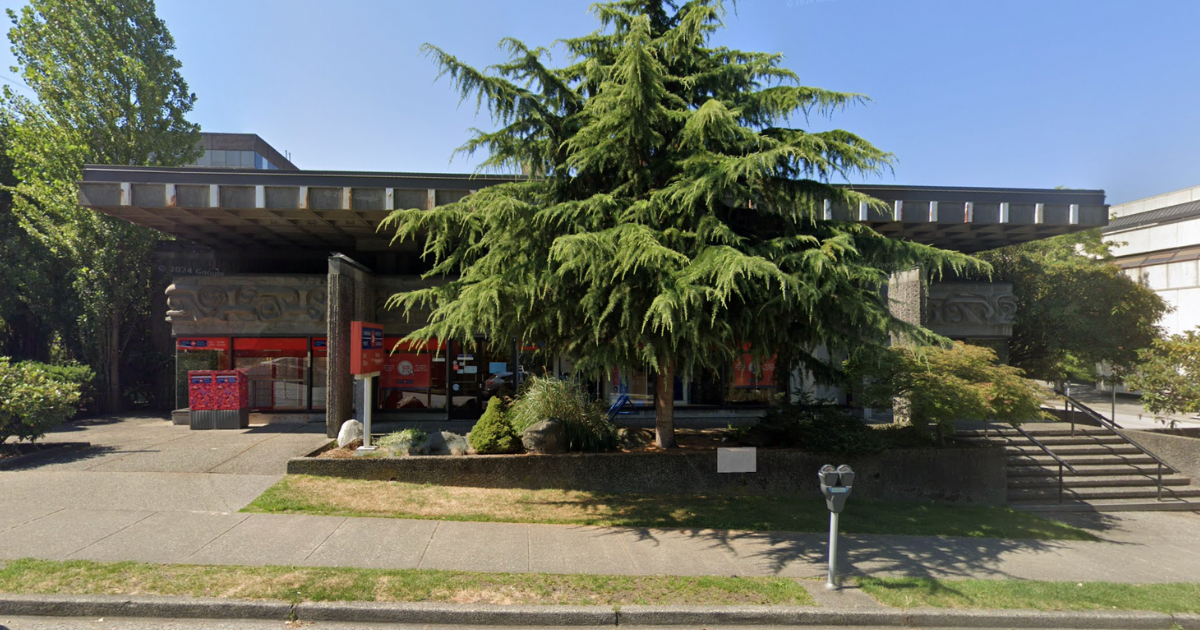Edgar Nelson Rhodes (often referred to as E.N.) opened Rhodes and Sons in downtown Ottawa in 1940, a year when Canadians were still considered British subjects, women across the river in Quebec had just been given the right to vote, the average wage was $8,400 annually and war had recently been declared.
For a couple of decades all the men at Rhodes and Sons wore suits and made a habit of tipping their hats when greeting clients. Female sales reps – the few there were early on – were required to wear hats and gloves.
“It was a much more formal business then and E.N. Rhodes ran a tight ship. He would even check out the sales reps’ cars to make sure they were clean,” says Jim McKeown, who is a partner and the current broker of record for the firm, which joined Coldwell Banker in 1994 to become Coldwell Banker Rhodes and Company.
This year the company is celebrating its 75th year in business as well as its 20th anniversary with Coldwell Banker. In tribute, there were awards from Coldwell Banker for both extensive years of affiliation and giving back to the community (the latter for charitable donations to Ancoura, an organization that provides housing and a stable community to adults with mental health challenges).
As well, the local newspapers have provided some welcome coverage, attributing Coldwell Banker Rhodes and Company’s success not just to its longevity but to its spirit of innovation.
From all accounts it’s a company that does not rest on its laurels.
“There’s no sitting back and saying now we’ve got the technological edge,” says McKeown.
With 55 sales reps, almost half of whom are under 40, Coldwell Banker Rhodes and Company is dedicated to training, hands-on mentoring and a best practice approach for its team, a combination of real estate veterans and younger agents, McKeown says.
“We’re a mid-size company – large enough to have a strong presence in the marketplace, small enough to know each other and have a sense of being like a family,” McKeown says.
E.N. Rhodes had been given his father’s name, which now spans several generations. His father was a political dynamo who became premier of Nova Scotia in 1925 and later returned to Ottawa, where he became finance minister before being appointed to the Senate.
Once asked why he hadn’t followed his father into politics, E.N. Rhodes is said to have quipped, “In real estate, I don’t have to kiss babies or get elected.”
The career choice seems to have worked out for him and for the family members and business partners who have followed in his footsteps. He was instrumental in developing various key Ottawa neighbourhoods and in advocating for setting up the Ottawa Cooperative Listing Service, which eventually became the MLS.
Hats and gloves are no longer de rigueur for sales reps. This is likely lamented by no one except share-holder Ned Rhodes, who’s the son of the company founder and headed up operations after his (now deceased) father retired, until retiring himself in the early 1990s.
“There’s been a dramatic change in dress. I don’t like it now… too casual,” Ned Rhodes says. But he’s well aware there is also plenty for which to be grateful.
The changes that Rhodes Jr., a past president of the Ottawa Real Estate Board, has witnessed over the years include those wrought by franchises, which allow for an increased share for sales reps, while also making it harder for independent brokerages to survive.
With challenges that included an uncertain economy, the Rhodes team jumped on the franchise bandwagon, believing that it presented a way to stay competitive and provide more tools for sales reps. It has been a productive collaboration.
“It blows my mind… Ottawa has grown so much, so fast. When combined with the technology and the franchises, it’s an entirely different game now,” Rhodes says.
Computers were not even part of the business when he started, he says. He remembers putting the “very limited” information that was available onto cards and into ring binders. Corrections and price reductions had to be written in by hand.
“It was very labour intensive,” Rhodes says. “Now we’ve gone to a paperless office.” Listing and sales data is all scanned and stored in the cloud.
This is quite a change from the era he describes, when MLS listings were printed out and delivered to real estate offices and a staff member spent most of the day sorting and filing them.
Back then homes could be had for $20,000 and every Tuesday the company’s sales reps all hopped onto a

Every Tuesday from the 1960s to the 1980s, the sales reps would board a bus and tour the latest new listings.
rented city bus adorned with a “Rhodes Talent Team” banner to tour the listings. They still have a Tuesday meeting and tour but it’s now by car, with new agents paired with veterans for the sake of mentoring and networking.
As examples of other major changes in the industry, McKeown lists increased professionalism and the introduction of independent contractor status for sales reps, which allows for greater entrepreneurialism.
He knows from experience that the upcoming federal election will present certain temporary challenges in the Ottawa market.
“Historically, every time there’s an election or a budget, buyers in Ottawa are more cautious,” he says. “We’re a civil service town. The major employer is the government.”
As far as real estate industry issues are concerned, “For all the professional strides we’ve made, the industry took a step back when we allowed mere postings to be part of MLS,” he says. “People are not represented. This is one of the biggest challenges we are working our way through.”
Another challenge is making sure that sales reps are supported and properly trained to deal with slow markets, McKeown says. Having worked through the sizzling markets of recent years, agents may never have developed the skills and language required to deal with setting price reductions for instance, he says.
“Having a brokerage that’s collaborative is key,” he says. “As a group we’ll always have the answers.”
Susan Doran is a Toronto-based freelance writer who has been contributing to REM since its very first issue.
















